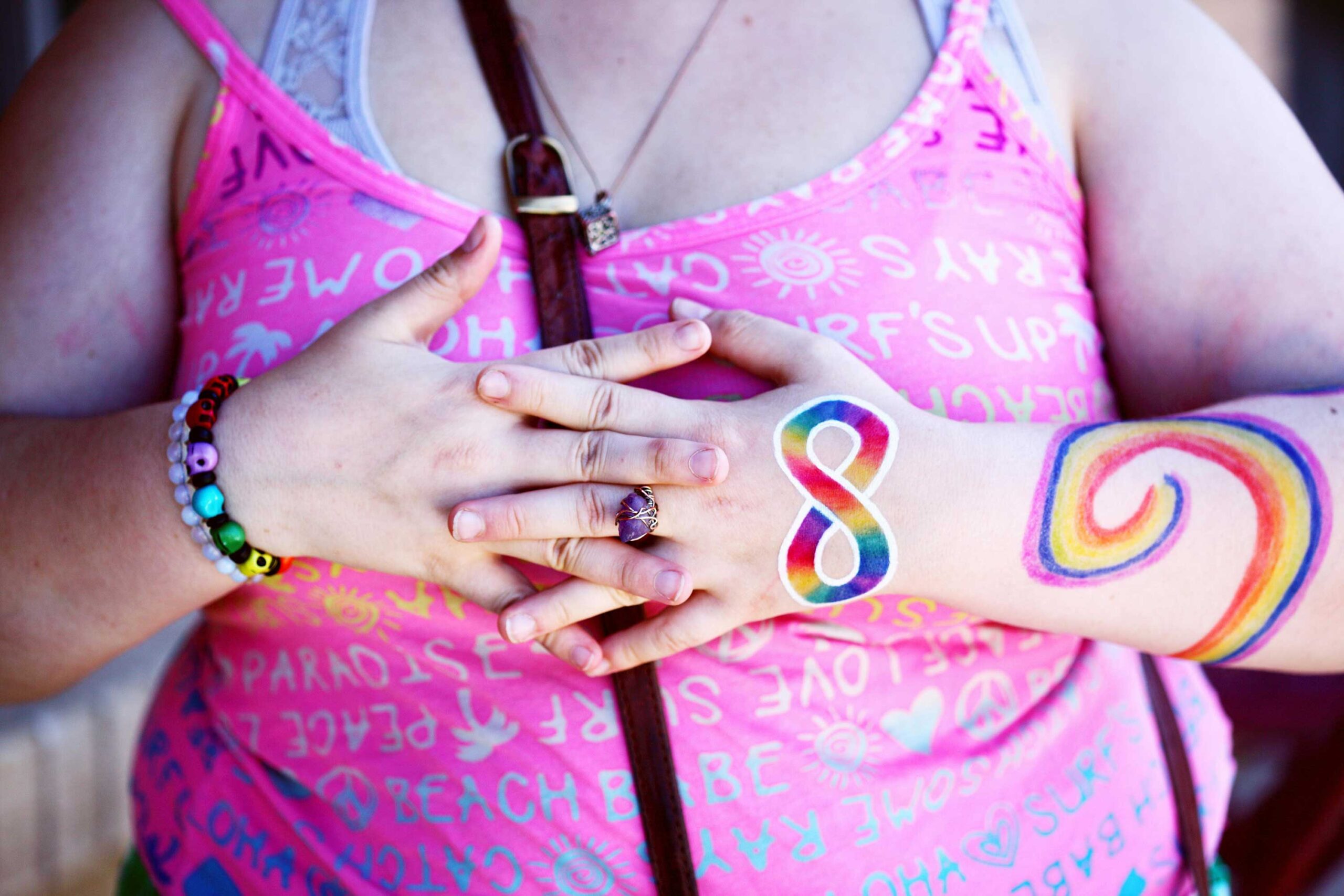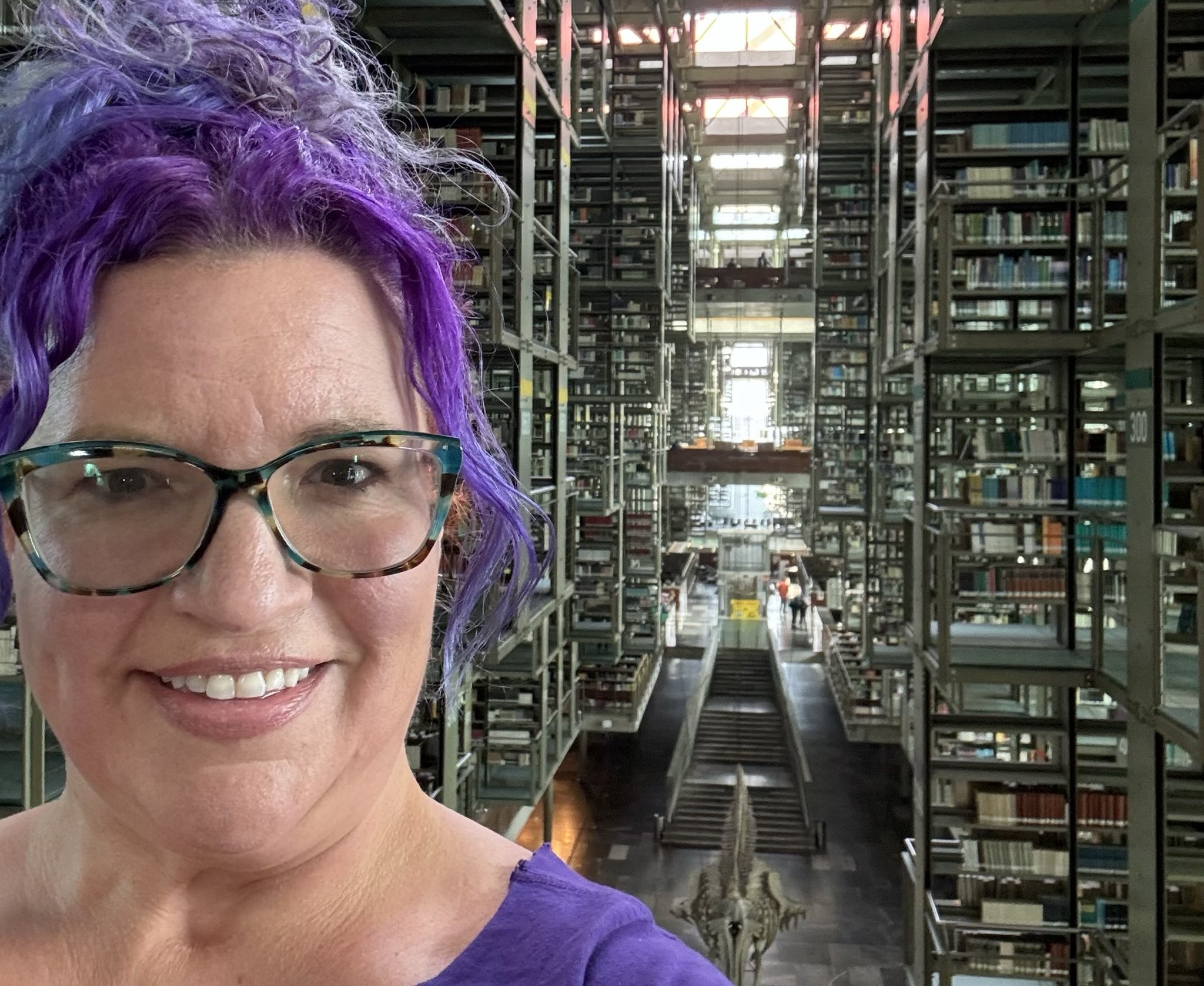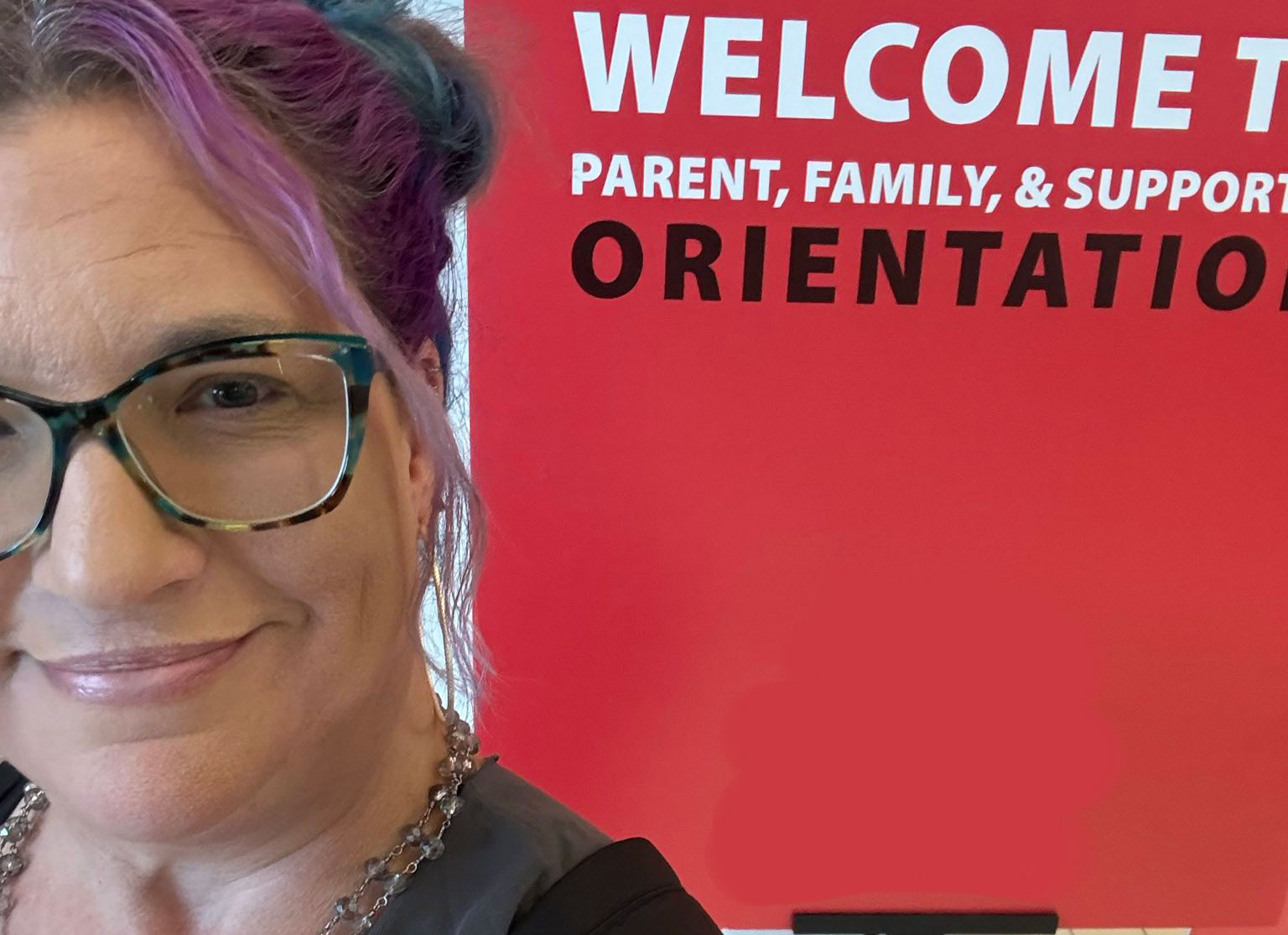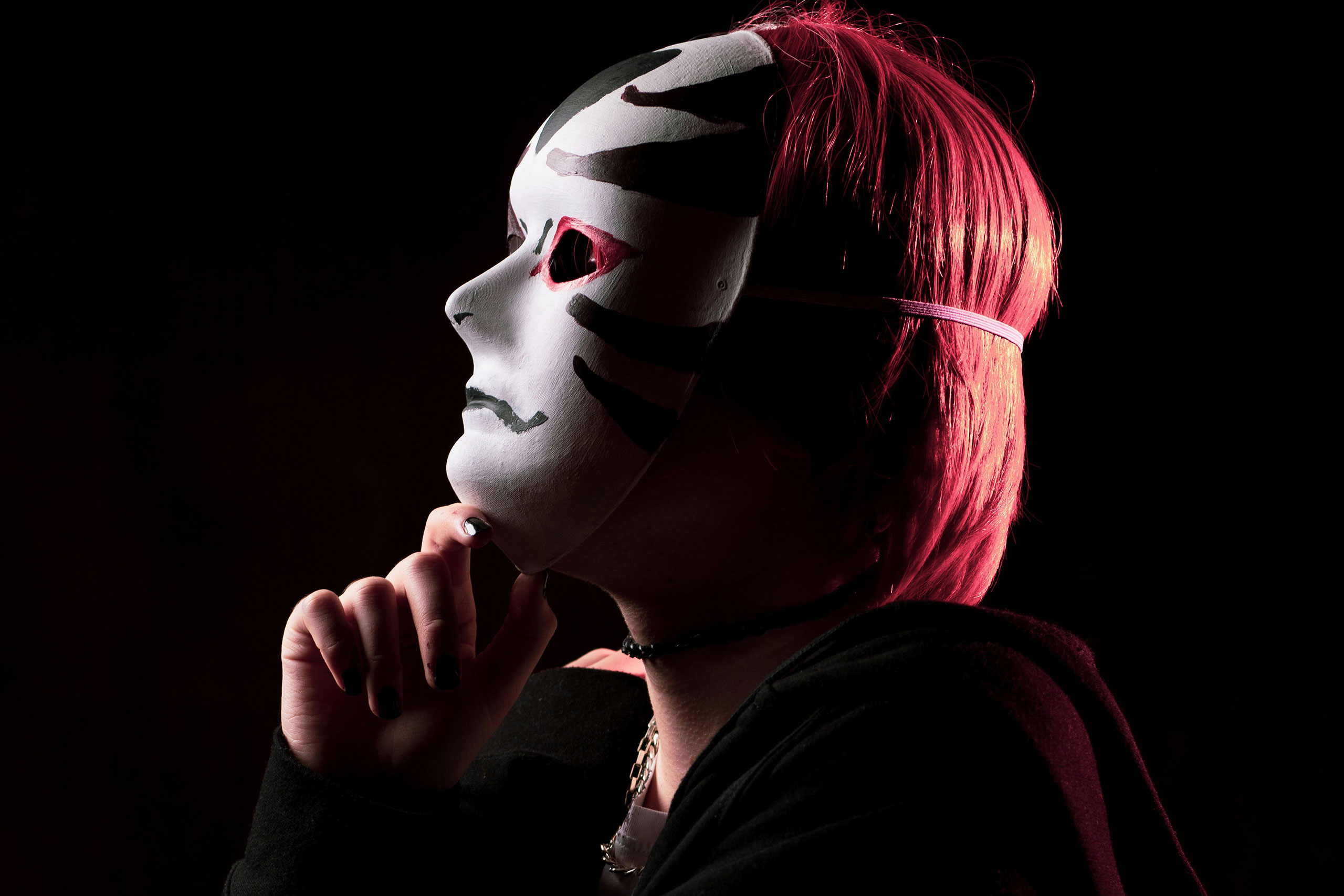As someone who loves colorful hair, I spend a lot of time in hair salons. As a neurodivergent person, I’ve definitely had my fair share of negative experiences in salons, too. There are both things that salons and stylists can do to make their services more neurodivergent-friendly, as well as things that neurodivergent folks can look for to find those salons. Here’s a few things to consider, from making the appointment to checking out.
Booking your appointment
For many neurodivergent folks, using a phone is incredibly difficult – myself included. I will do just about anything to avoid having to make a phone call. So salons that have an online booking system almost always rise to the top of my preferred list. That being said, having someone available to answer questions can be really important, especially for new visitors.
Other things to consider when providing online booking are how you describe your services. Being as explicit and detailed as possible can be really helpful. Many salons use industry-speak on their websites, which is confusing to someone who doesn’t spend their time in hair salons. Explaining not only what a service is – even if you use the industry name for it – as well as how much it costs helps folks who are unsure what to book find the correct service for their needs.
Salon atmosphere
A lot of salons like different aesthetics, which will tell you a lot about their personality. Things to consider for neurodivergent folks with sensory issues can include having lower lighting and reducing ambient noise. Of course, you need good light for work on hair, but reducing any unnecessary bright lights can definitely help. And I have yet to go to a hair salon without the loud hairdryer ambient noise, but blasting loud music on top of that can be a lot for a person with sensory issues. Considering not only the type of music but the volume level can make a huge difference for these folks.
Stylist considerations
There’s only so much a salon can do if their stylists aren’t well-versed in how to work with neurodivergent clients. It’s important to note the different communication styles neurodivergent folks may use, including, but not limited to, minimal to no eye contact, talking very little, or even talking so much it feels like they are oversharing. Checking in regularly on how they are feeling is an important way a stylist can make sure their client is comfortable.
Other things you may want to talk with your client about include touch and stimming. Some neurodivergent folks find light touch almost unbearable, so understanding whether or not your client needs a firmer touch when you working with their hair is extremely important. Many autistic folks and folks with ADHD may also need to stim to reduce anxiety during a hair appointment. Obviously, constant motion during a haircut isn’t ideal, but if you can possibly allow for some motion and then communicate when you need absolute stillness, this can help make these folks more comfortable. It can also help to allow for extra breaks for them to stand or move around more.
Paying for services
Many stylists expect a tip at the end of their service to you – and rightly so! However, tipping is often one of those “unspoken rules” that confuse neurodivergent people. How much is appropriate? And how do we plan for that when budgeting for our haircut? If possible, charging an amount for haircuts that includes tip – and therefore doesn’t require tipping from your clients – can make this so much less confusing, and not just for neurodivergent folks!
Finding a salon for you
It can be difficult for a neurodivergent person to find a salon that works for them on the first try – and you should be more than willing to keep looking if your experience makes you uncomfortable. But I have found that one of the best ways to score a good salon on the first try is to look for queer-friendly salons.
According to research, there is a large overlap in gender-nonconforming folks and autism, as well as ADHD. Many queer-friendly salons are created to make their spaces comfortable for these folks, which means even if you aren’t queer but are neurodivergent, these salons can be a great place for you to be comfortable. All I ask is that you also be queer-friendly if you choose to use these spaces – they are meant to be safe places for queer folks, and clients should not make them less so.
Finally, I would be remiss if I didn’t mention my own stylist – Ryan Valdez – and the salon he works at – Lucero Hair and Wellness. These folks have made getting my hair done on the regular one of the most comfortable and relaxing experiences I’ve ever had.







Leave A Comment